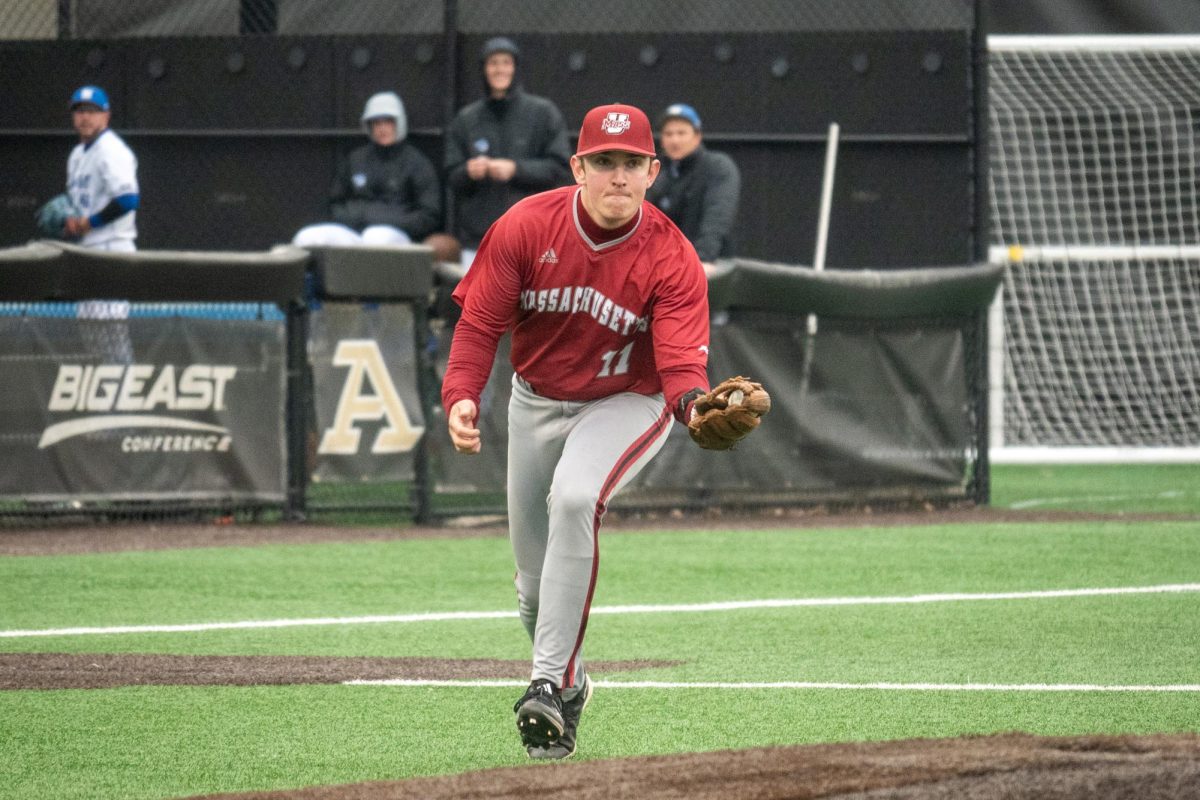We’d like to think that change can be made through peaceful, calm ways. Unfortunately, often the most necessary change does not come by petitioning the system; it comes by disrupting it. Slavery in the United States took a war to abolish. Wars are very disruptive. A century later, civil rights activism relied heavily on the sit-in, the unlawful demonstration and other tactics that broke the law on purpose. Without these forceful means, the resistant state and federal governments never would have been open to civil rights legislation. The whole idea of civil disobedience is that laws are broken on purpose to create the change that wasn’t happening otherwise.
Disruption is often necessary to create needed change. It’s part of our world history, our history as a nation, and our history as a campus. In 1992, ALANA students took over Whitmore to force the University of Massachusetts administration to confront the institutional racism of the University, as evident in the lack of students and faculty of color, lack of support programs, low retention rate of students of color and other failures on the part of the University to oppose the results of racism. The result of the protest was the ALANA Agreements. In 1997, it was clear that the school wasn’t keeping its promises, and Goodell was taken over for six days to remind the administration that this was serious. The school was reinforcing the racism in our society, and it took disruptive protest to get everyone to wake up and try to change it.
In the spring of 2002, there was a sit-in at Whitmore to protest the school’s refusal to recognize the undergraduate Resident Assistants’ right to unionize. The RA’s voted in favor of joining a union. The Massachusetts Labor Relations Board ruled in favor of the RA’s right to organize. Protesters who were locked down in an office were read the Picketing Code and then arrested; UMass RA’s were fired, students were given threatening letters and academic probation. These students could have been expelled, simply for confronting the administration on its illegal actions. The school is now at the bargaining table.
In college, we supposedly learn about how the world works. This is not just for the sake of knowing; we need to develop an analysis so that we can make the world a better place. In college, we are encouraged to explore ourselves and the world. Protest is essential to this experience, not just to change specific things, but to learn how to make change.
The UMass Amherst Picketing Code states that students “have a right to demonstrate on University premises provided, however, that no such demonstration shall be permissible which for any reason of time, place, or type of behavior materially disrupts class work or other University business, or involves substantial disorder or invasion of the rights of others.” The code states that students can be expelled for violation of this code.
The code can be interpreted as a way to protect the “rights of others.” At the same time, however, it strips us all of our rights. If change needs to be made, if our rights are being violated, and traditional means do not meet our needs, we must be disruptive to be heard. It’s very easy for the administration to ignore protest when people are calmly demanding their rights; they do it all the time. Disruption is key to making change on campus and in the world.
Historically oppressed groups are affected the most by this code. Racism, sexism, heterosexism, classism, ableism and other forms of oppression are realities in this society. UMass is not exempt from these oppressions. When the system isn’t meeting your needs and change isn’t happening through “appropriate” means, disruptive protest is all you have left to make sure your rights are respected.
The administration should not have the power to expel us when we confront it on its wrongs. In 1997, 70 percent of voting students voted for the Student Government Association to oppose the Picketing Code. This issue will continue to repress us every time we need change the most. Let’s rise up now and oppose the Picketing Code!
Ian Trefethen is a UMass student.






